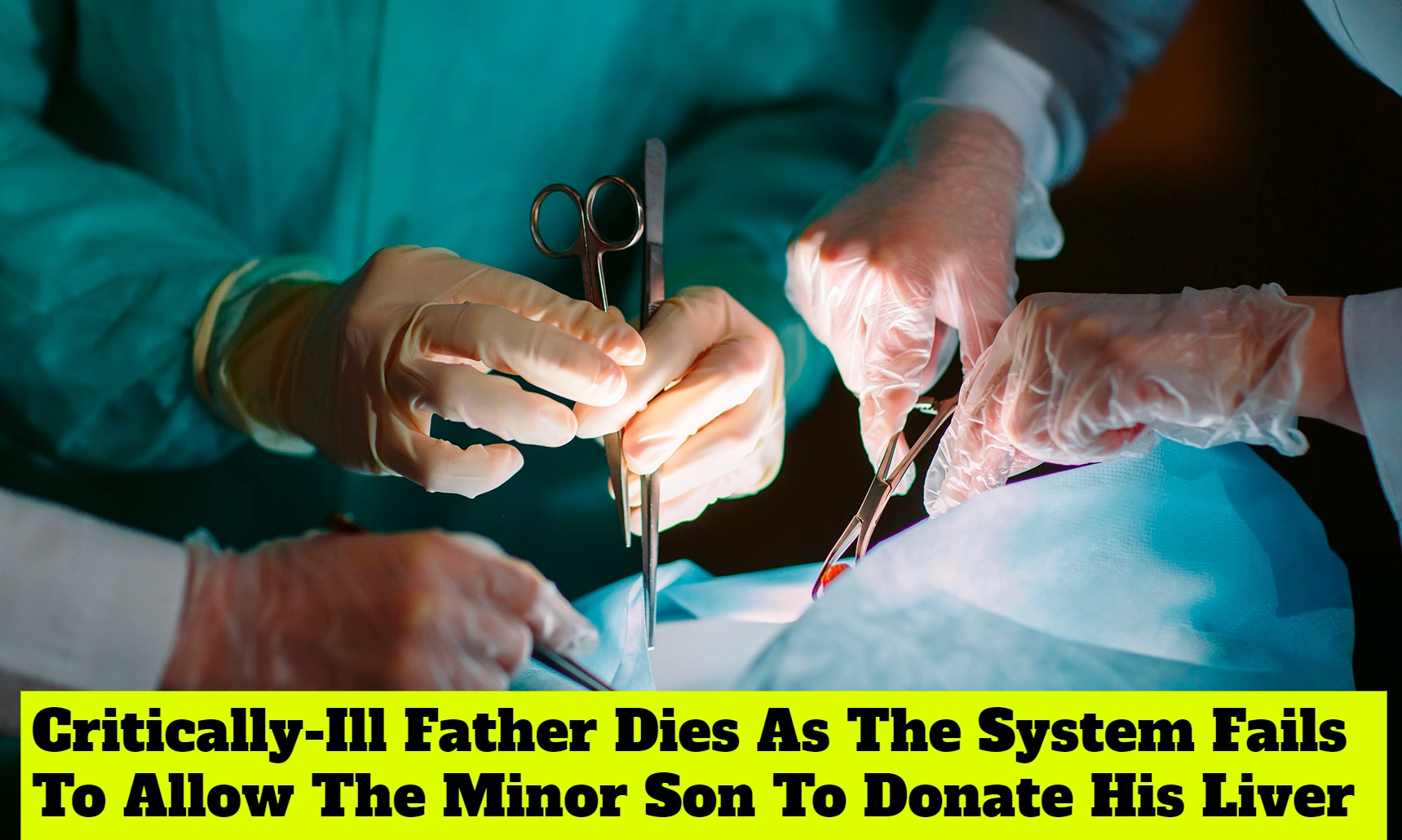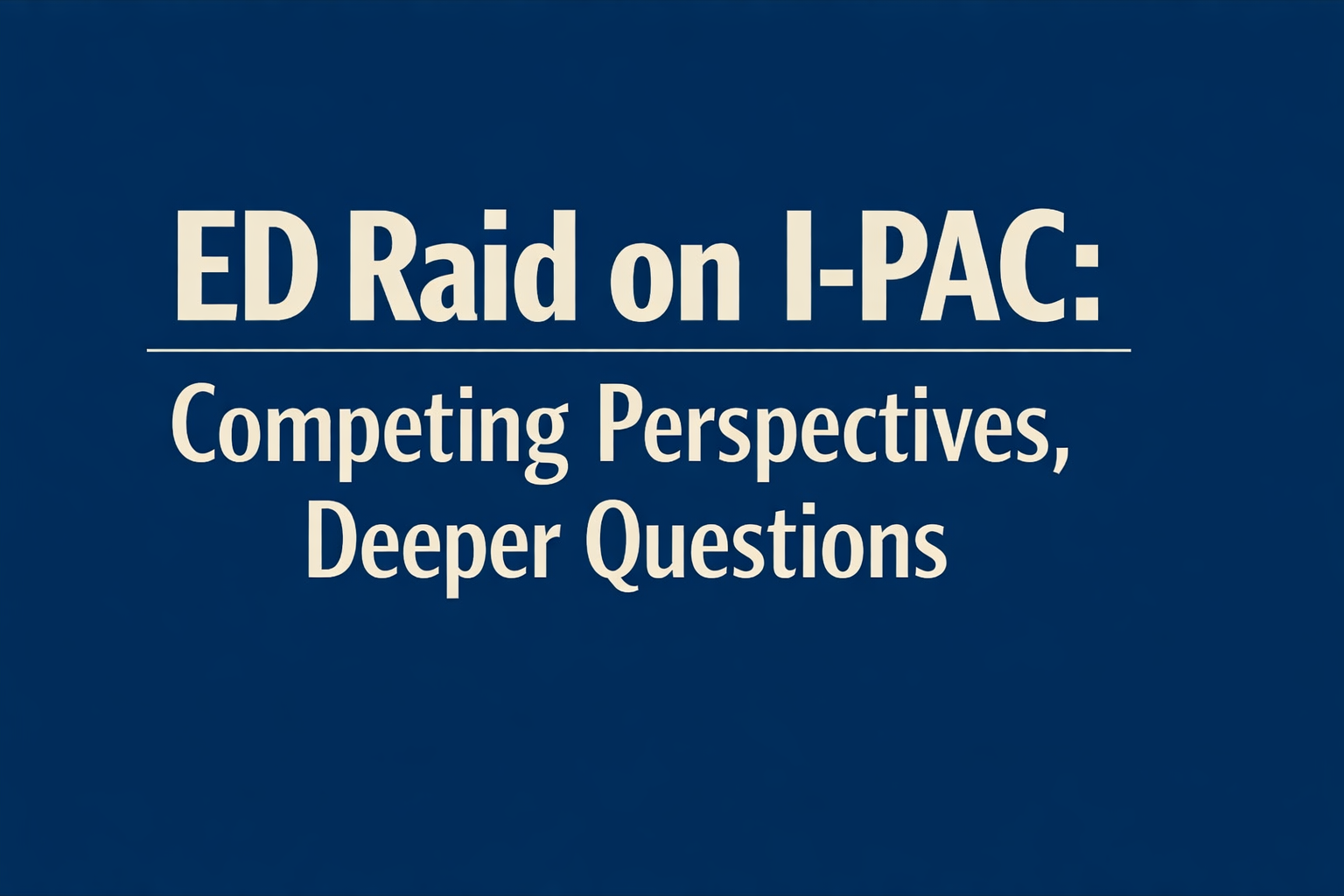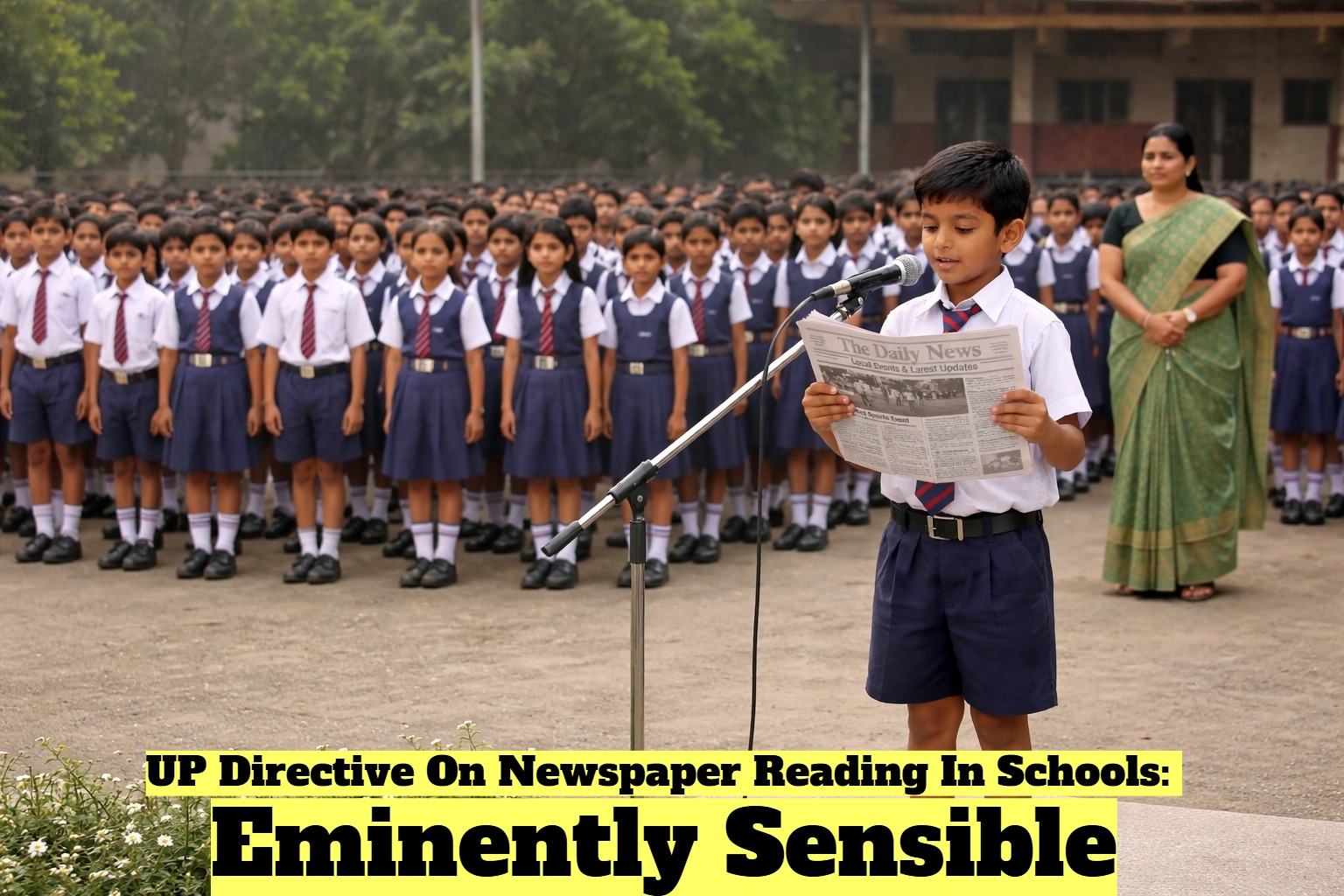

By Sunil Garodia
First publised on 2022-09-17 05:00:10
The tragic
death of a man whose 17-year-old son was fighting the system and the laws for
permission to donate his liver to his critically-ill father shows how laws are
not respected by authorities and how the delays in the judicial system work
against the right to life and liberty.
The Transplantation
of Human Organs and Tissues Act, 1994 prohibits minors from donating organs or
tissues. But the Act was amended in 2011 to allow minors to donate under
justifiable reasons. The boy had petitioned authorities in UP and Delhi to allow
him to donate his liver to his father as he would have died otherwise. The
reasons were justifiable as he was the only relative who had a perfect medical
match. But his pleas went unheeded.
Hence, he
was forced to approach the Supreme Court. While the apex court showed urgency
in asking the UP administration to examine whether the boy was medically fit to
donate, one feels that the court erred in not invoking Article 142 of the
Constitution to do complete justice in the case by ordering that the doctors
should take his liver and do the transplantation.
One is sure
that since the medical tests to find the match had already been done and the
boy's liver was a perfect match, there was no need to go through with the tests
again. Considering the urgency of the matter, the apex court could have ordered
an immediate transplantation.
Also, since
the Transplantation Act had been amended to allow minors to donate with justifiable
reasons, it defies logic that the health department in UP and Delhi did not allow
the minor son to donate. A life was lost unnecessarily as there were chances
that the father would have survived if the procedure was carried out in time.
There have
been cases earlier too when minor children had approached courts to be allowed
to donate an organ to their parents. Hence, the Supreme Court must issues clear
and binding guidelines in this matter so that lives are not lost because the
state administrations either do not understand the law or take too much time in
arriving at a decision.











